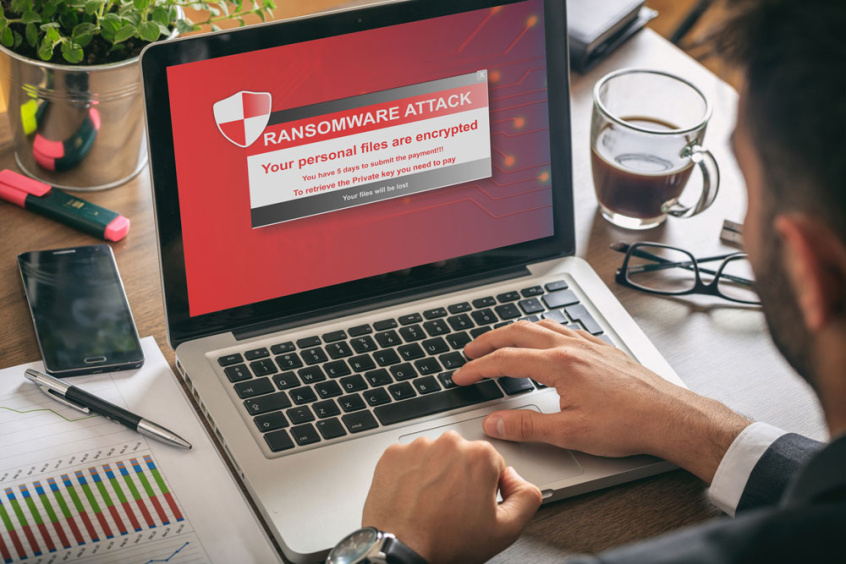More people are working from home than ever, thanks to the COVID-19 coronavirus outbreak. And even after this outbreak passes, many workers may continue in their role as remote workers, thanks to the unique benefits of remote work, such as more flexibility and a non-existent commute.
But how can you protect your IT security when working from home, and make sure you do not lose confidential information that could harm your employer? Here are a few simple strategies and tips you can use for protecting your IT security and sensitive data.
1. Secure Your Home Network & Never Use Public Wi-Fi, If Possible
Public wi-fi networks are never cyber-secure. While using a VPN (virtual private network) can help, it’s best to primarily work on a secure home network. Make sure to secure your home network by using WPA2 encryption and a strong password. This will ensure unauthorized users cannot get onto your network and “snoop” on your activity.
2. Use Work Computers Exclusively For Work
Your work computer or work mobile device should not be used to go on social media, check personal emails, or do anything else that’s not related to work.
Using work devices for personal purposes can put you at a greater risk of downloading phishing emails, clicking links that could infect your computer, and other security risks that may result in the loss of confidential information.
Keep your personal information separate on your own personal device to avoid this risk, and make sure you use work computers exclusively for work.
3. Make Sure Your Antivirus Software, Operating System & Other Programs Are Updated
When people work from home, they will not have the IT department working with them to remind them to update their operating systems, the programs they’re using, and their antivirus software.
While your IT team can certainly send out reminders, it’s important for each individual employee to remember to update all of the programs on their computer whenever possible to fill security gaps and protect their device.
4. Work With IT To Implement Two-Factor Authentication Wherever Possible
Two-factor authentication, or 2FA for short, uses a second “factor” of authentication along with a username or a password – such as a software app or a physical dongle that creates a “key” that must be entered alongside the username and password to access a computer, software program, or corporate network.
Two-factor authentication helps protect your data if employee login information is stolen, because hackers still cannot access sensitive information without access to the 2FA device.
It also helps with physical security – a laptop stolen from a coffee shop, for example, may not be accessible without the 2FA device, so the thief will be locked out of the device and will likely not be able to gain access to sensitive corporate information.
Protect Your IT Security With These Tips While Working From Home
In the “new normal” where many employees are working from home, it’s important for your company to follow these tips and strategies – as well as other IT best practices that will protect sensitive information while working remotely.
If you’d like more information about proper at-home IT security, or need the help of professionals to secure your data as your employees work from home, Technetics Consulting is here to help. Contact us online to get a consultation for our IT Security Services right away.

